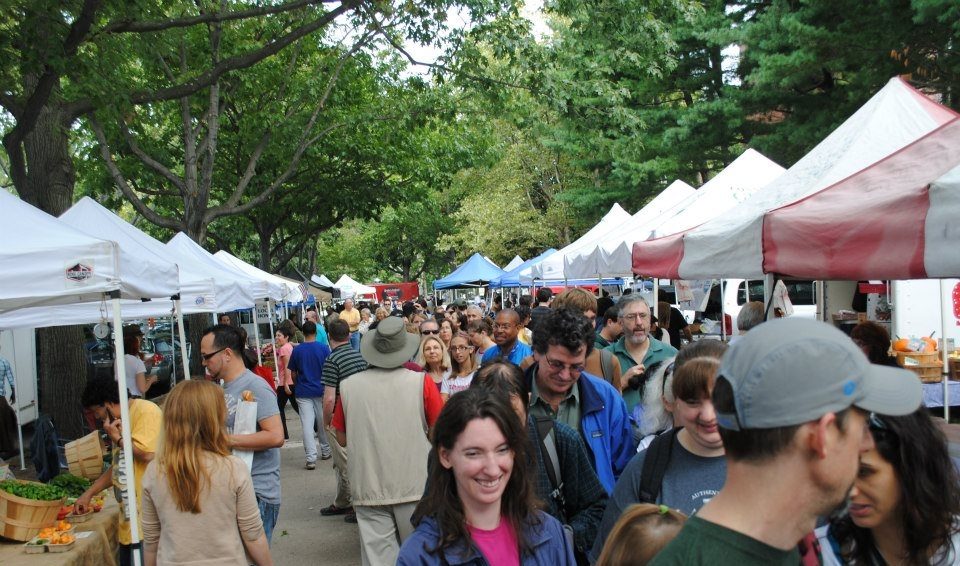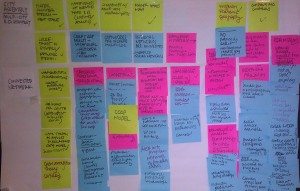a great read–looking at the fundamental loss of trust in society. The article points out both the steps that have led to the lack of trust–both economic and social–as well as historical and recent theory that might explain some of the behavior. The author points to how this decline of trust has led to the increase of inequality–and the social attitudinal mindset that has a systemic hard-to-reverse momentum.
In considering how this might actually be also affecting our efforts at economic development, it seems to resonate quite well. Cities internally with more trust (institutions that are working), confidence, and leadership ‘seem’ to be doing better than those that have lack of leadership, broken and non trustworthy institutions, and no confidence (signs) that things will change. And, in order to build trust between cities–that now compete for scarce resources–we need to engage in collective dependency and a conversation about how systems we rely on work across our boundaries, and not just within.
The system of incentives described in the article comes to bear very directly in the practice of city/state/federal Economic Development policy. It’s become such a necessary element in conversations about growth and expansion, but these opportunities seem to be thrown at a very specific subset of actors (the most visible, desirable, and the ones that seek it out), a corporate 1%, and those investments/resources not more equitably distributed to those that could be better supported for growth locally. Do incentives really generate growth in the economy or do they just provide an ‘icing on the cake’ to help catalyze (or rationalize) a decision….?
I don’t actually agree with the final conclusion, as I think that regulations create too many hurdles and keep the majority of people from engaging in systems (and letting their voices be heard). Regulations are not in and of themselves ‘the bad guy’ but they are often written by those that do not fundamentally understand how complex industries work–an exclusive group of self interested parties. Transparency and more models that encourage institutional dependencies, and cooperative learning are necessary, and people need to build trust through iterative and dynamic cooperative projects. People doing things together, learning things, and creating real things, build the collective neural pathways necessary for society.

